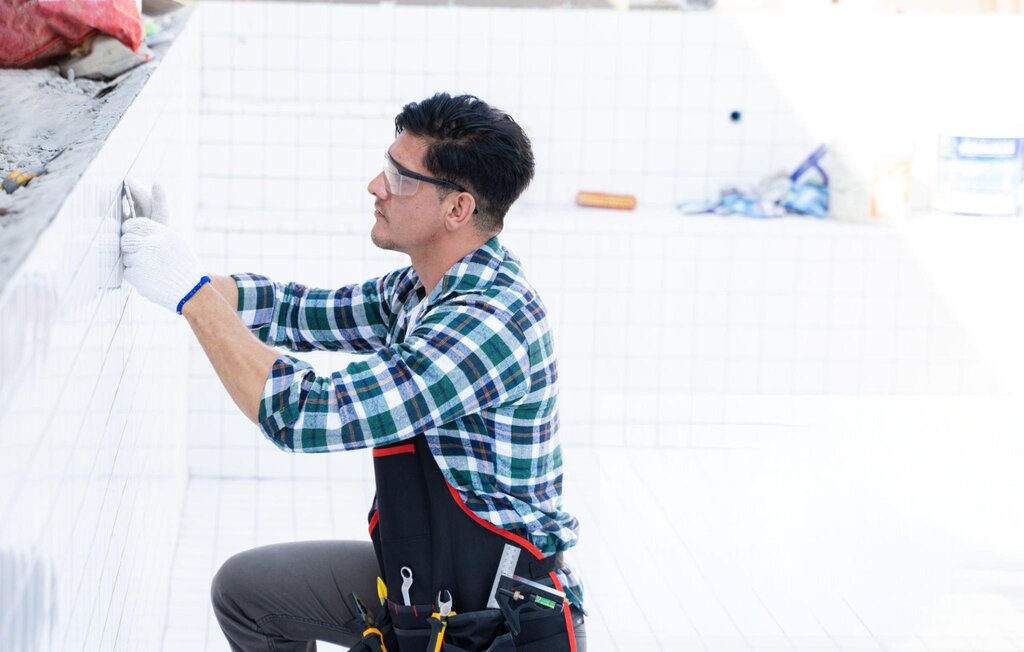Maintaining pool equipment is like keeping a car tuned up—it’s necessary to ensure everything runs smoothly and efficiently. When pool equipment operates well, it keeps the pool clean, safe, and enjoyable for everyone. However, equipment doesn’t last forever. Over time, parts wear out or become outdated, and understanding whether it’s best to repair or replace them can save both time and money. By knowing the best course of action, pool owners can prevent issues from disrupting their fun in the sun.
This guide aims to help pool enthusiasts in Los Angeles understand when it’s more advantageous to fix existing equipment rather than opting for a complete replacement. By knowing the right time to either repair worn equipment or invest in new components, you can keep your pool in top condition and avoid unnecessary expenses. Let’s dive into the common signs that your pool equipment might need some attention.
Signs Your Pool Equipment Needs Attention
Pool equipment, much like any mechanical system, can show signs of wear that are signals for necessary maintenance or repair. Some signs are subtle, while others are more noticeable. Identifying issues early can prevent more significant problems down the line.
1. Unusual Noises: If you suddenly hear strange grinding, squealing, or other odd sounds coming from your pool pump or heater, it could indicate that parts are worn or failing.
2. Decreased Efficiency: Notice that the water isn’t as clean as it used to be, even though the filter’s running the same amount of time? This might be a sign of a filter that’s clogging more frequently or a pump that’s not circulating water as effectively.
3. Visible Wear and Tear: Take a look at your equipment for visible damage. Cracks, rust, or corrosion on the pool pump, heater, or filter can be a red flag indicating that a part might be at the end of its usable life.
Being aware of these signs is the first step in maintaining your pool effectively. It’s important to not ignore these signals, as delaying maintenance can often turn a simple fix into a major repair or even the need for a full replacement. Understanding how your pool equipment should run and regularly checking for these signs can help you decide when to take action.
When to Repair Pool Equipment
Sometimes, fixing your pool equipment is the smartest move. Repairs can be especially worthwhile when dealing with minor issues that don’t break the bank. For example, if you notice your pool filter has a small leak or a pump seal needs replacing, these are often small issues that can be easily fixed by a professional. By opting for repairs in these cases, you can extend the lifespan of your equipment and avoid the cost of buying new components.
Repairing your equipment also allows you to resolve problems quickly, keeping your pool up and running without long delays. This can be particularly appealing in the heat of the Los Angeles summer when you want to enjoy pool time without interruptions. It’s also kinder on the environment, as keeping your existing equipment reduces waste and the need for new resources.
When to Replace Pool Equipment
Still, there are times when replacing your pool equipment is the better choice. If you’ve had repeated breakdowns and repairs are becoming frequent, it might be a sign that equipment is beyond its prime. New technology, too, can offer improved efficiency and features that outdated models just can’t compete with. For instance, a new energy-efficient pool pump can cut down on electricity use and save money over time. Additionally, replacing equipment that’s severely damaged or consistently underperforming can save you from constant headaches.
Investing in new equipment is also an opportunity to upgrade and possibly automate some features, making pool management easier for you. In some cases, new features can improve water quality, reduce chemical use, or simplify maintenance, making pool ownership more enjoyable and less of a chore.
Tips for Making the Right Decision
Choosing between repairing and replacing involves a few smart strategies. Here’s what to consider:
– Cost Comparison: Compare repair costs with the price of replacement. If repairs are frequent and costly, a replacement might be more economical in the long run.
– Age of Equipment: Factor in the age of your current equipment. If it’s nearing the end of its expected lifespan, replacing it now can prevent the hassle of dealing with future breakdowns.
– Expert Opinion: Consider reaching out to professionals who can offer insights on the best course of action. Their experience can guide your decision, ensuring you opt for the choice that’s most beneficial for your situation.
By weighing these factors, you can make an informed decision that keeps your pool functioning efficiently and reliably.
Enjoying a Well-Maintained Pool
Deciding when to repair or replace your pool equipment ensures that you enjoy your pool without unexpected disruptions. By addressing signs of wear promptly and choosing the right option at the right time, you’ll not only extend the life of your equipment but also enhance the overall experience of pool ownership.
Staying proactive with maintenance decisions also means your pool space is always ready for summer fun or a quick evening dip. Comfortably knowing your pool is in top shape invites a sense of satisfaction that your backyard oasis is ready whenever you are. With a little attention and timely decisions, your pool will remain a delightful retreat year after year.
Wrap up your pool care strategy by choosing wisely between repairs and replacements to ensure endless enjoyment. For expert advice tailored to your needs, consider the benefits of professional pool equipment repair with Prime Detection & Renovation. Our guidance will help keep your pool running smoothly and efficiently, so you can fully relax and enjoy your time in the water.

